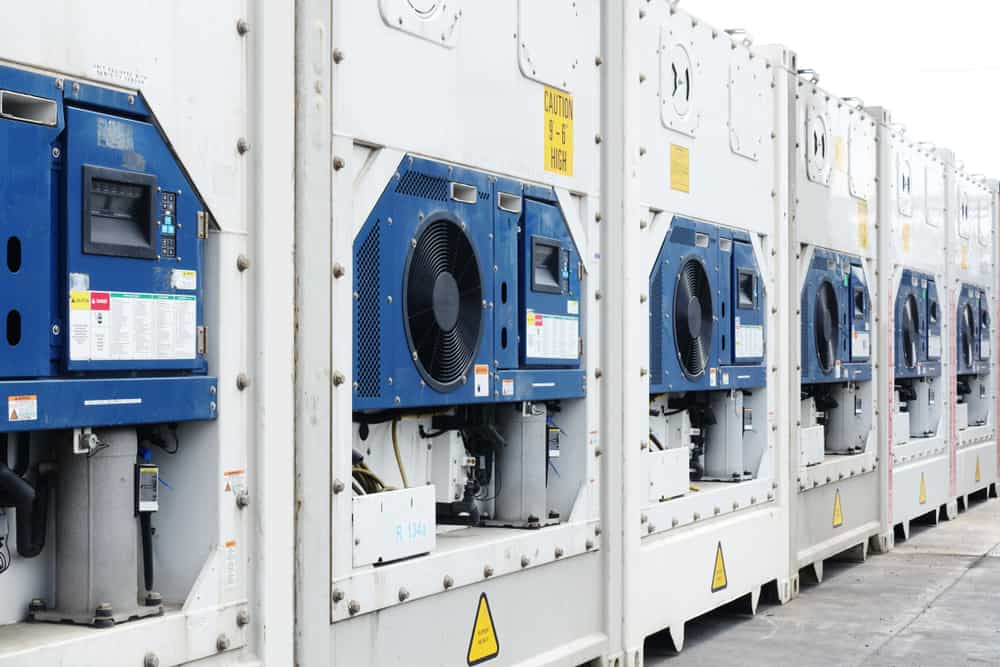The world of logistics has been revolutionized by reefer containers, which can be described as movable fridges. These containers enable us to transport temperature-sensitive cargo, such as fruits, vegetables, meats, dairy products, and pharmaceuticals, via multimodal transportation alternatives, such as ships, trains, trucks, and planes.
"left-top">

Reefer containers are specialized containers that are designed to maintain a specific temperature range inside, regardless of the external environment. They are insulated, ventilated, and equipped with a refrigeration system, known as a genset, which stands for generator set. A genset is an external power source that supplies electricity to the refrigeration system and other equipment, such as lights, air conditioning, and alarms.
The price of a genset for a reefer container depends on several factors, such as the brand, the capacity, the fuel type, the efficiency, the maintenance, and the location. Generally, a genset can cost anywhere from a few thousand to tens of thousands of dollars. However, the cost of a genset is only a fraction of the cost of a reefer container, which can cost more than $10,000 for a new one.
There are several types of gensets for reefer containers, each with its own advantages and disadvantages. Some gensets run on diesel, while others run on electricity, natural gas, or hybrid fuels. Some gensets are connected to the container, while others are mounted on a trailer or a chassis. Some gensets are manual, while others are automatic or remote-controlled.
Some common brands of gensets for reefer containers are Carrier, Thermo King, Daikin, Mitsubishi, Starcool, and Klinge. These brands offer a variety of models, sizes, and features, such as low noise, low emissions, low maintenance, high efficiency, GPS tracking, and telematics. The choice of a genset brand depends on the specific needs, preferences, and budget of the user.
In addition to the genset, a reefer container requires other equipment and accessories, such as a temperature recorder, a data logger, a thermostat, a humidity sensor, a cargo net, a pallet jack, and a seal. These items ensure that the cargo is monitored, controlled, and protected during the entire transportation process.
The use of reefer containers has many benefits, such as extending the shelf life of perishable goods, reducing the risk of spoilage, maintaining the quality and freshness of the products, complying with the regulatory standards, and enhancing the efficiency and reliability of the supply chain. However, the use of reefer containers also poses some challenges, such as the high cost, the complex maintenance, the limited capacity, the limited availability, and the environmental impact.
In conclusion, a reefer container is a movable fridge that relies on a genset to keep the cargo at a certain temperature range. The price of a genset for a reefer container varies depending on several factors. The choice of a genset brand depends on the user's needs, preferences, and budget. The use of reefer containers has many benefits and challenges for the logistics industry. Therefore, it is crucial for logistics professionals to have a deep understanding of the reefer container technology and its applications in the global logistics know-how.